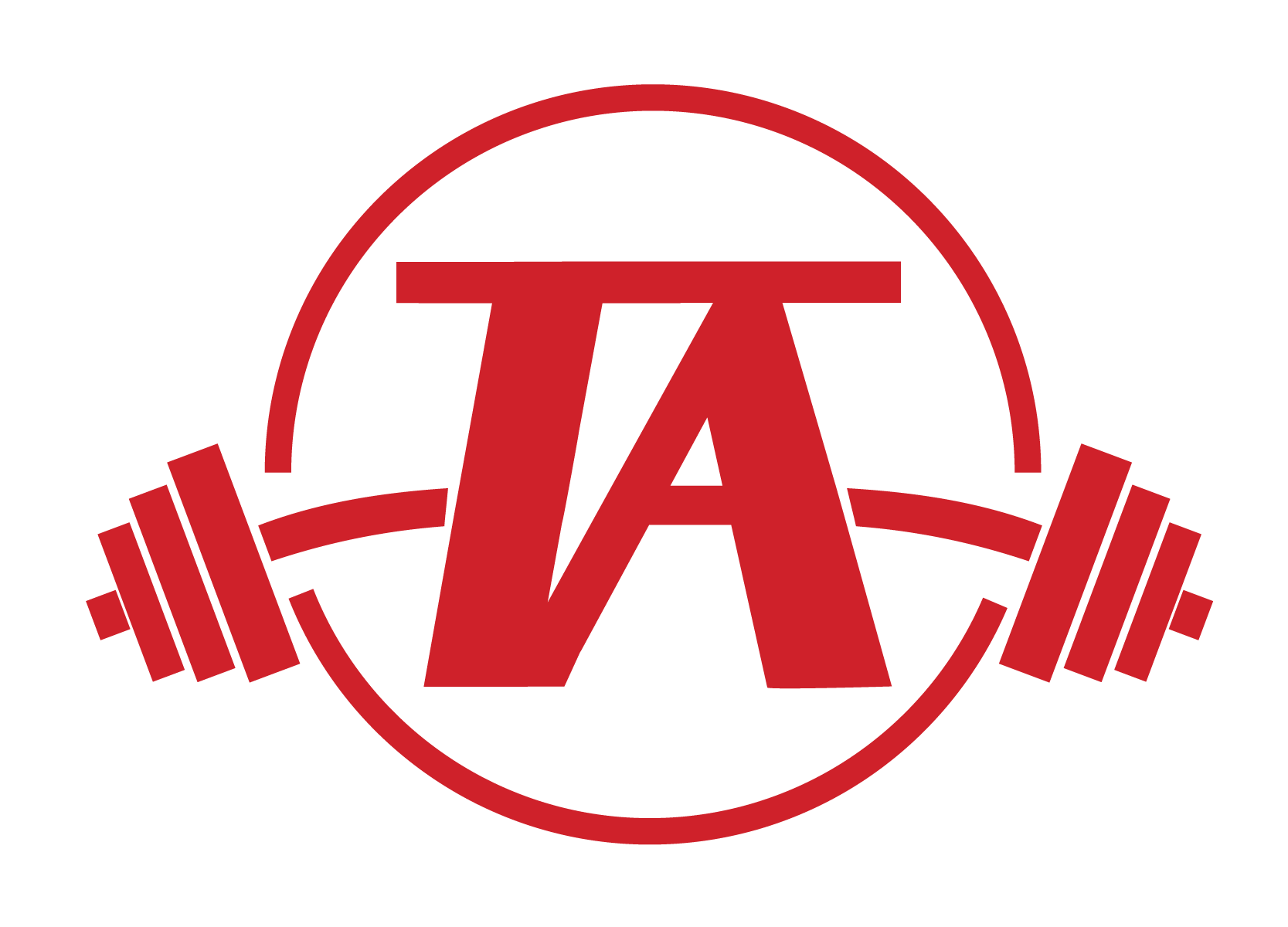I get questions a lot about supplements, specific food choices, and nutrient timing.
While all of these things can certainly help contribute to positive training results, they’re not nearly as important as many people believe.
When you begin your training career focusing on the big picture will take care of most of your goals. Obviously, as you reach higher levels of strength and performance, improvements will be harder to come by and more care may need to be given to the minutiae. But, until then, keep it simple.
If you aren’t sleeping enough (7-9 hours/night), eating well (enough calories, macronutrients, and micronutrients), and staying hydrated- supplements, specific food choices, and nutrient timing shouldn’t even be on your radar.
Sleep
Sleep is a time for your body to recover, and without proper recovery you won’t be able to perform at your best and thus will get less than optimal results. Turning off electronic devices that emit light about an hour before you plan to go to sleep, having black out curtains, and a cool room to sleep in may help improve sleep quality.
Nutrition
Caloric needs are different for everyone and are based on age, gender, activity level, and body weight. Eating too little will keep you from performing at your best and inhibit your recovery. When you exercise your body uses a variety of macronutrient sources-primarily carbs and fat depending on the duration and intensity of exercise-to produce ATP to fuel muscle contractions. Without sufficient energy stores your body cannot function.
Macronutrient needs are important as well, and include carbohydrates, fat, and protein. Again, individual needs for each of these vary, but there are some basic guidelines. Protein requirements for athletes are between 0.7 and 0.9g/lb of body weight. Carbohydrate requirements can vary greatly: 50-100g of carbs per day are needed to prevent ketosis, but endurance athletes may consume >600g per day. Fat consumption should be at least 20% of daily calories because less than that can result in a decrease in testosterone production.
Micronutrients are the vitamins and minerals required by your body in relatively small amounts to perform specific functions. By eating a variety of foods including fruits and vegetables you should meet most of your requirements, but in some cases with dietary restrictions supplementation may be necessary.
Hydration
Dehydration is common and is especially prevalent during and after training. The NSCA recommends drinking at least 16oz of water prior to training. During training drink about 1c of water every 15 minutes. And post exercise make sure to drink at least 0.5L for every pound of body weight lost during training and realize that electrolytes may need to be replaced as well and sports drinks can be effective.
Nutrient Timing
Nutrient timing is largely overblown. For example, many people think that the anabolic window-the window of time post training to refuel your muscles for optimal repair and building-is 30 minutes post exercise. However, that’s been largely debunked. If you eat a healthy meal with sufficient protein and carbs within about two hours of starting your training the post workout meal becomes much less important. I’ll do a more comprehensive and scientific overview of the research on nutrient timing, but for now I’ll keep it simple.
This post was a basic overview of a few important training recovery concepts, stay tuned for the next post where I’ll dive into these concepts on a deeper level.
